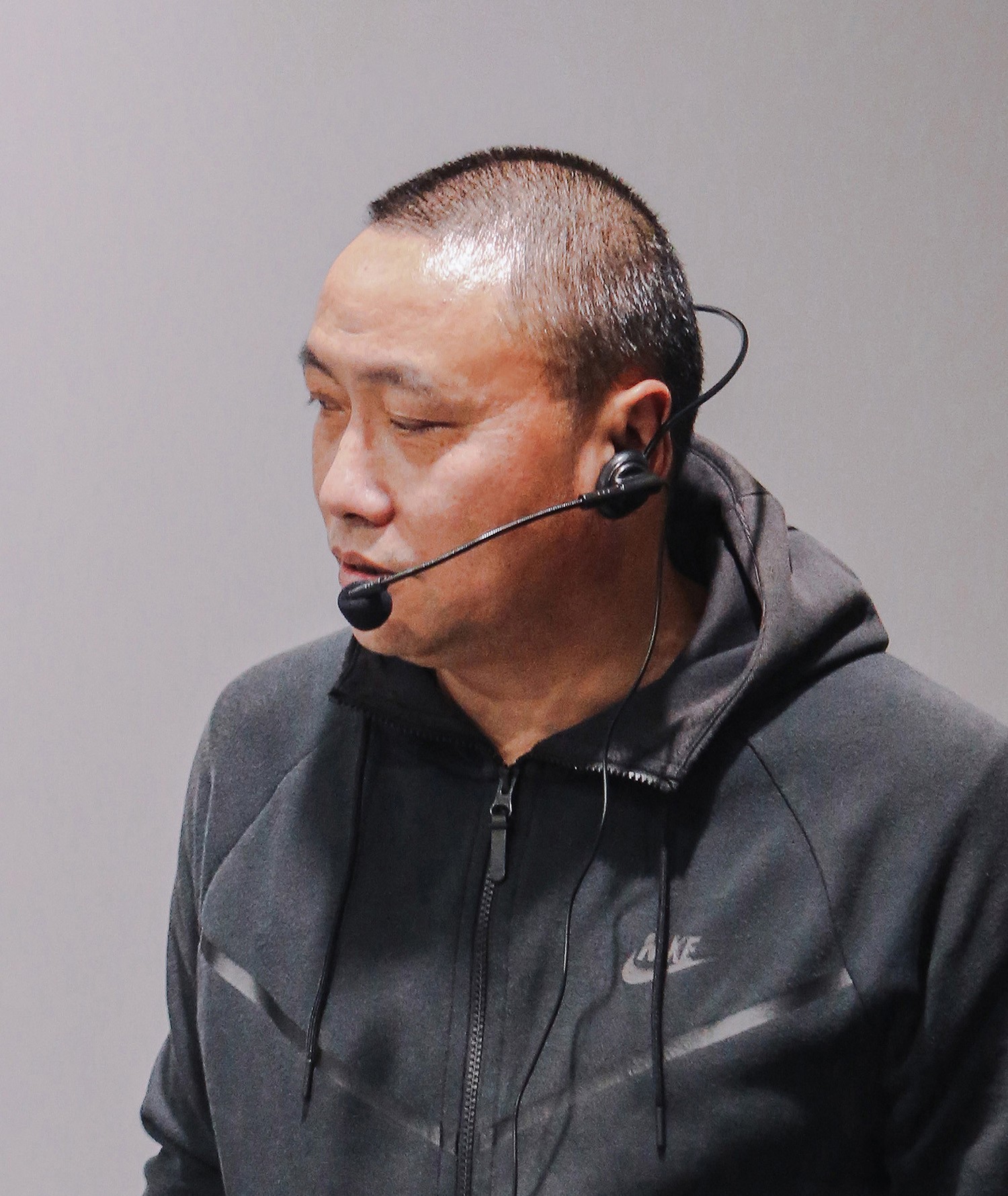ZHOU Xiaohu
The Garden of Vague
3D animation and VR experience
2018–2019,2023

| |
 |  |
The Garden of Vague, a 3D animation, was inspired by my curiosity about the mystic “overflow” in Jorge Luis Borges’s novels. Borges’s novels explore continuous uncertainty, parallel universes and multi-option gameplay. These themes align with my imagination of “space montage” imagery. The novel “The Garden of Forking Paths” involves geopolitical conflicts, the transmission of Chinese-German spy intelligence, and Borges’s exploration or misreading of Oriental metaphysics and Chinese gardens. These cross-cultural collisions sparked my desire to reinvent this text.
Another interesting concept is the “Tron Man’s” view of time: The universe is a series of thought processes that do not unfold in space but continue in time. In a purely temporal world without space, events are brought together by a series of psychological temporalities, consciousnesses, and actions. I hope this work could advance the “overflow” of self-talking consciousness, forming a collection of images in which “the world is a derivative of thoughts.”
The Garden of Vague explores the history of information transmission and renews our understanding of it. The “underlying logic” is the internal logic between people’s desire for control and the game, a history of gaming with the maze of time, a discussion of the causes of various power relations. If the theory of “quantum entanglement” is a solution, then the so-called sixth sense function also exists. Confucian philosopher Wang Yangming confirms the value of this mental presence, stating that “When you don’t look at this flower, this flower and you return to silence. But when you look at this flower, the colour becomes clear for a while....” | |

| Mr. ZHOU Xiaohu
Zhou Xiaohu was born in 1960 in Changzhou, China, and graduated from the Sichuan Fine Arts Institute. He is currently based in Shanghai and is a pioneer of video animation in China. Zhou began using computers as his artistic tool in 1998. Since then, he has experimented with stop-frame video animation, video installation, and computer-gaming software. His works often feature interlayering of images between moving pictures and real objects, which has become his signature style. Working across performance, photography, installation, sculpture, video, and animation, Zhou’s practice reflects the documentation of history in a digital age, where specific details can become privileged, fabricated, altered, and/or omitted.
Zhou’s animation works have been exhibited at prestigious events such as the 40th International Film Festival Rotterdam in the Netherlands and the 56th Festival International Film Locarno-Video Installation Show in Switzerland. He has also won numerous awards, including the Experimental Video Gold Award at the 36th World Fest-Houston International Film Festival, the CCAA Award in 2002 and 2006, as well as the Deutscher Akademischer Austausch Dienst Awards (DAAD) in 2014–2015.
|

